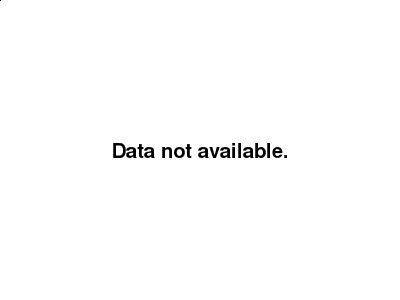Iran could be playing with fire as it threatens to ditch its commitments to the 2015 Iranian nuclear deal, officially known as the JCPOA (the Joint Comprehensive Plan of Action), in the face of crippling U.S. sanctions.
If Europe does not step in to protect Iran from those sanctions, salvaging trade with its oil and banking sectors in violation of U.S. rules, Tehran says it will return to higher levels of uranium enrichment, which would potentially pave the way for bomb-making capabilities.

But how close is the Islamic Republic to having a bomb? How real is the threat?
Richard Nephew, who served as the State Department’s lead sanctions expert for negotiations with Iran from 2013 to 2014, doesn’t see an imminent nuclear threat. Rather, he told CNBC, this turn of events heralds a slower but no less dangerous march in that direction.
“This is not a decision that will lead Iran to build a bomb. But it foreshadows a really severe escalation path, especially the 60-day threat to ramp up enrichment levels and work on the Arak reactor,” Nephew told CNBC.













